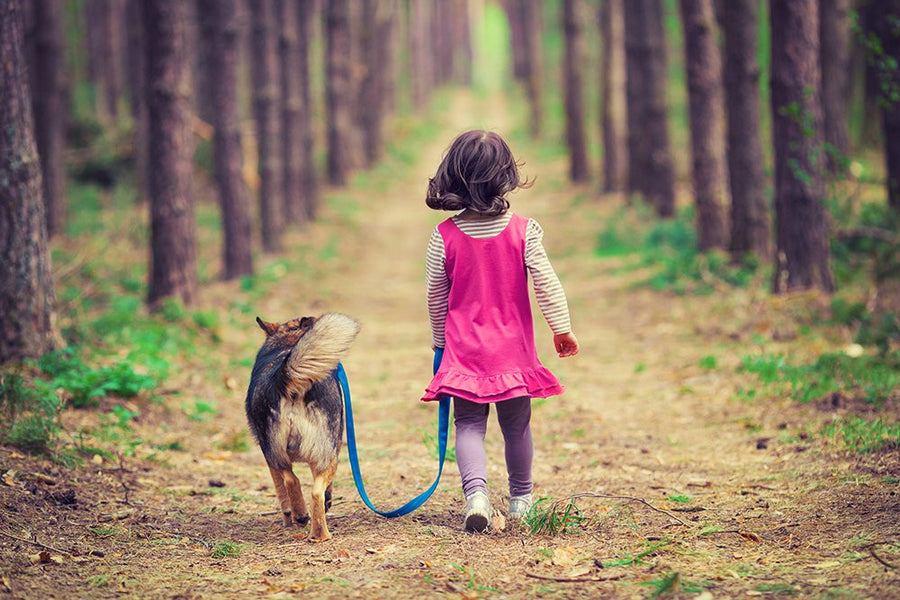
I was sitting in front of my computer screen staring blankly. I’d been writing for three hours straight, without looking up and had just put a full stop on the end of a paragraph that had proven stubbornly difficult to write. With deadlines looming as I race towards the finish line of completing my book, I was trying to work out which was the most pressing of my pressing tasks to move onto. But my brain had turned to mush. I was distantly aware of my aching hips and tight lower back and knew I needed to get up and move. But the clock was ticking. There were interviews with scientists to conduct, facts to check, emails to send and chapters to edit. A dark cloud of overwhelm started to descend.
In the past when I found myself in situations like this, I would have pushed through and prioritised my deadline over my health. But one of the benefits of having spent the last year and a half writing a book about the connection between our mind, body and health, is that I now know much better. I got up, threw on my running shoes and went outside for a walk.
We all know the feel-good sensation of slowing down, stopping the busywork and taking time out in natural surroundings. Now scientists are starting to turn their attention to explaining how this happens. In 2015, a research team at Stanford University in the US compared the effects of taking a walk through parkland near the university with a stroll along a three lane main road in Palo Alto. Brain scans of the walkers showed that those who went on a 90-min walk through the natural environment reported lower levels of rumination and showed reduced neural activity in an area of the brain linked to risk for mental illness compared with those who walked through an urban environment.
In the UK, researchers attached a portable EEG machine, which measures brain activity, to participants taking a 25-minute walk through three different environments. Their walk took them first through a busy shopping zone, then into a green space, and then into a busy commercial zone. Analysis of their brain activity showed evidence of lower frustration and arousal, and higher meditation when they simply moved into the green space zone.
This research comes at a time when spending time in nature is on the decline. In the US, nature based recreation has dropped 35 percent in the last 40 years. A survey in the UK found that 71 percent of adults played outside every day when they were children, compared to 21 percent today. Instead of bathing in the great outdoors, the average person is now bathing seven hours a day in the glow of a blue screen. Never before have we been so removed from nature and our wellbeing may be suffering as a consequence because coinciding with increasing urbanisation is a worldwide increase in the prevalence of mental disorders. In fact, when scientists looked at the brains of people living in cities, they found a distinct neural signature. City dwellers have increased activity in the amygdala, the brain’s stress centre.
I’m very fortunate to live at the beachside suburb called Freshwater on Sydney’s northern beaches, which is birthplace of surfing in Australia. ‘Freshy’ is a place with a laid back friendly village vibe where the ocean sparkles, the people are bronzed, and it feels like you’re on holiday all year round. As I escaped the darkened cave of my home office where I’ve been writing the majority of my book I headed straight towards the ocean. The autumn sunlight hit my skin, I soaked in my surroundings and felt my brain fog and overwhelm melt away. When I returned to my desk 30 minutes later, my deadlines hadn’t shifted and my To Do list hadn’t shrunk but I had renewed clarity, charged energy and replenished enthusiasm that carried me through the rest of the day.





 My Year of Living Mindfully (DVD)
My Year of Living Mindfully (DVD) The Connection (DOWNLOAD-TO-OWN)
The Connection (DOWNLOAD-TO-OWN) My Year Of Living Mindfully - Book
My Year Of Living Mindfully - Book




